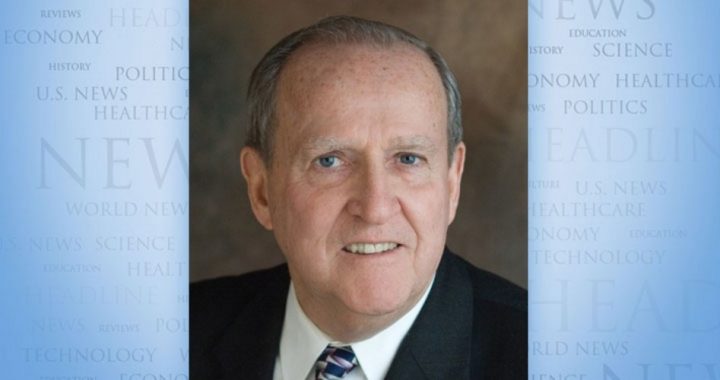
On January 31st, President Trump nominated Judge Neil Gorsuch to fill the open seat on the U.S. Supreme Court. If he wins Senate approval, he would fill the seat formerly held by Justice Antonin Scalia, who died in February 2016.
A full year ago, President Obama nominated Judge Merrick Garland to succeed Scalia. But Senate Republicans, led by current Majority Leader Mitch McConnell (R-Ky.), refused to hold hearings on that nomination. Republican senators concurred, saying they were only following a precedent set by Democrat Senator Charles Schumer (D-N.Y.). Schumer indicated a determination to block Senate approval of any new nominees while a president’s term was winding down. Although he added a qualifying “except in extraordinary circumstances” to his intention, he made clear that he and Democrat colleagues would block adding anyone appointed by President George W. Bush.
When the New York Democrat stated that position, Bush had approximately 18 months to go before he would have to leave the White House. When the Republicans decided to block consideration of Merrick Garland, Obama had slightly less than a year before his term in office would end. Pointing to Schumer’s 2007 stance, Senator John Cornyn (R-Texas) stated, “We’re embracing the precedent Senator Schumer advocated in 2007. If it’s good enough for [Democrats] when they’re in the majority, it’s good enough for us when we are.”
Merrick Garland’s chance to become a Supreme Court justice died when Donald Trump triumphed over Hillary Clinton last November. He continues to serve as the Chief Justice of the Washington, D.C., Federal Appeals Court.
Regarding Neil Gorsuch, we have learned that he never issued a ruling on the contentious issue of abortion. But in his book The Future of Assisted Suicide and Euthanasia he wrote that if the Supreme Court had defined a fetus as a “person,” it never would have approved abortion as it did in 1973 with the Roe v. Wade decision. Other stands he has taken indicate that he is an opponent of intentional killing, including euthanasia. Karen Middleton, the executive director of NARAL Pro-Choice Colorado, insists that Judge Gorsuch should be considered a pronounced enemy of abortion.
On other matters of interest to conservative Americans, Gorsuch sided with the Hobby Lobby Stores in their plea for an exemption to Obamacare’s requirement that they pay for employee contraception practices. He also agreed with Utah Governor Gary Herbert’s failed effort to avoid being forced to fund Planned Parenthood.
In general, Gorsuch has been dubbed an “originalist,” a believer that the words and meaning of the Constitution should be honored as they were understood at the time they were written. In other words, new meanings should not be created for them. That alone means he is very much in sync with the late Justice Scalia, who strongly advocated such an attitude. After a career that most recently had him serving on the Denver-based 10th Circuit Court of Appeals, Judge Gorsuch believes that such matters as abortion, euthanasia, and contraception should not be judged in courtrooms, a practice that he feels is bad for the country and bad for the judiciary.
Concerns have been raised by some about Gorsuch’s five-year membership in the New York-based Council on Foreign Relations. The fact that his affiliation with the CFR lasted only five years is possibly significant. The world government promoters at the CFR regularly look for bright and ambitious young people to whom they give five-year term memberships in hopes that they will adopt the CFR’s way of thinking. Gorsuch’s name appears as a CFR “term” member in 2004 and that membership is noted until 2008. He may have formally resigned or just walked away. Or the CFR leadership may have decided he was not what they had hoped for. Others have similarly decided the CFR was not for them. To date, Gorsuch has never commented about this matter.
If Neil Gorsuch follows the lead set by Antonin Scalia, the man whose place on the court he will fill if approved by the Senate, chances are that he will follow in the footsteps of the late jurist. And that would be good for America.
John F. McManus is president emeritus of The John Birch Society. This column appeared originally at the insideJBS blog and is reprinted here with permission.



